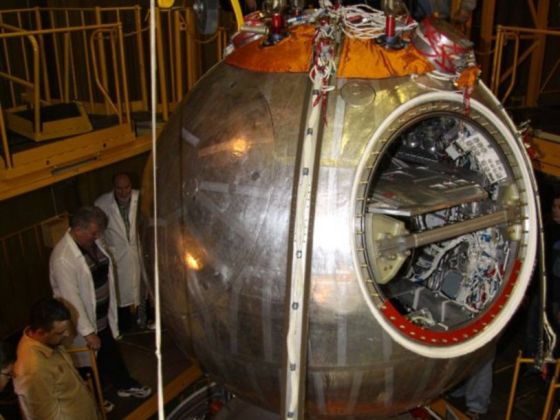Roscosmos CEO Dmitry Rogozin said that the launch of the satellite is planned at the turn of 2023-2024
KUBINKA /Moscow region/, August 24. /TASS/. The orbit to which the biological satellite "Bion-M" No. 2 will be launched may be changed. This was announced in an interview with TASS by the general director of the state corporation Dmitry Rogozin at the International military-Technical Forum "Army-2021".
"Yes, indeed, on Friday we discussed the fate of Bion-2. And I believe that before sending people to an orbit of 97-98 degrees, we need to see how it will work on living beings, " Rogozin said.
The head of Roscosmos recalled that earlier the Institute of Biomedical Problems of the Russian Academy of Sciences proposed to raise the orbit of the device to 800 km and make it circular at an inclination of 51.6 degrees. Such a proposal, Rogozin is convinced, makes sense for the next stage - the study of the impact of radiation belts when they cross on the way to the Moon.
"Now we are interested in working precisely in near-Earth orbit, but at a different, actually polar inclination. In order to extend the time spent by astronauts in orbit, we need to understand what the radiation load will be on them, so as not to cause significant damage to their health. To do this, we will conduct an experiment on the Ark/Bion, " the general director of the state corporation explained.
According to Rogozin, "Bion-M" number 2 will be launched at the turn of 2023-2024.
Bion is a series of domestic spacecraft for biological research. In particular, scientists are interested in the impact of radiation and weightlessness on living organisms. The main object of research in the framework of the "Bion-M" projects are mice. Also, with the help of the device, flies, plants and microorganisms should go into orbit. The first such device, called Kosmos-605, was launched in 1973. In 2013, the first satellite from the Bion-M series was launched into orbit. Then mice, Mongolian gerbils, geckos, snails, plants and colonies of various microorganisms visited space.

